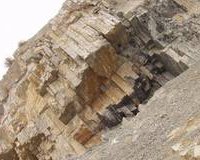
Roughly 252 million years ago, the end-Permian extinction resulted in the greatest loss of life in the fossil record. The cause remains mysterious, but decades of research indicate that a strong perturbation of the global carbon cycle occurs at the extinction’s peak. This talk addresses three aspects of this disruption. First,
we show that geochemical signals indicate super-exponential growth of the marine inorganic carbon reservoir, coincident with the extinction and consistent with the expansion of a new microbial metabolic pathway.
Second, we show that the efficient pathway via which members of the microbial genus Methanosarcina convert acetate to methane emerged at a time statistically indistinguishable from the extinction. Finally, we show that nickel concentrations in South China sediments increased sharply at the extinction, probably as a consequence of massive Siberian volcanism, enabling a methanogenic expansion by removal of nickel limitation. Collectively, these results are consistent with the instigation of Earth’s greatest mass extinction by a specific microbial innovation.
To join using a videoconferencing system:
Please RSVP to Mike Toillion (mike.toillion@nasa.gov) if you will be joining by Polycom.
To view the slides, connect to http://connect.arc.nasa.gov/nai_directors_seminar/
To join using a web browser:
The slides and audio/video for this meeting will be presented using Adobe Connect. To join the meeting, connect to:
http://connect.arc.nasa.gov/nai_directors_seminar/
If you are having problems connecting, you can try joining http://connect.arc.nasa.gov/nai_directors_seminar/?launcher=false, or rebooting your computer, or try joining from another network.
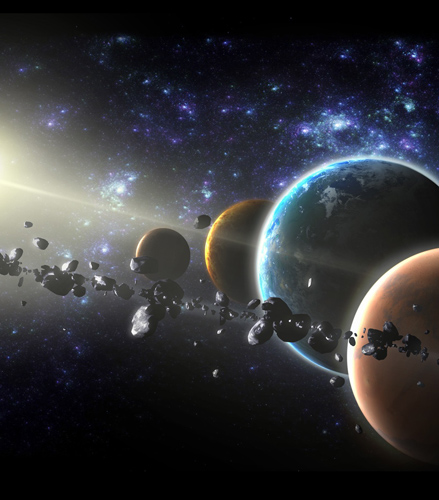 A Talk With Jim Green
A Talk With Jim Green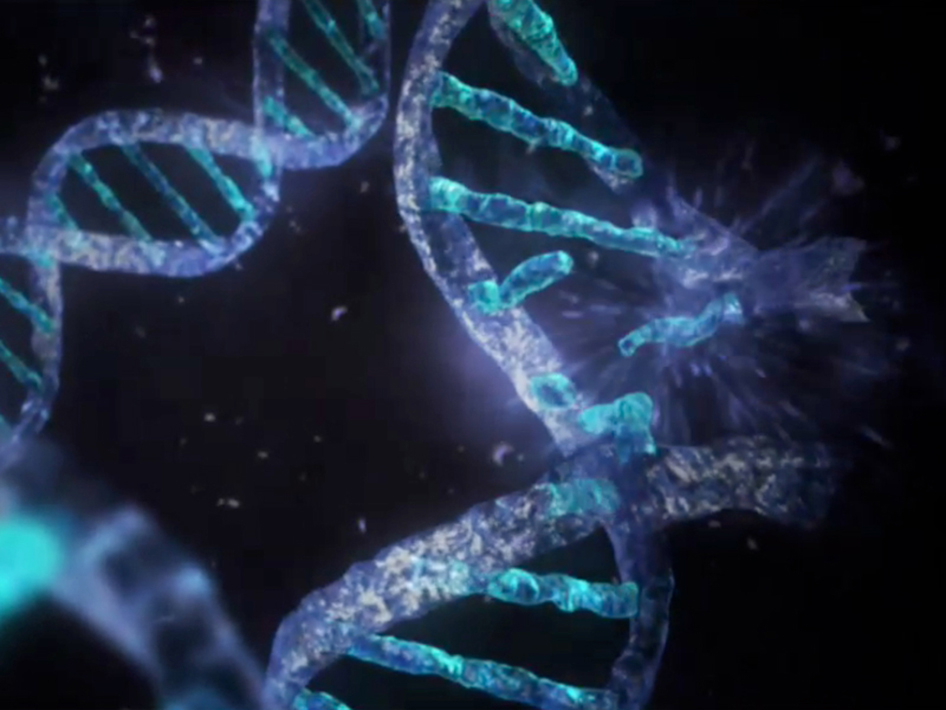 What Can Extant Genomes Reveal About Early DNA Metabolism?
What Can Extant Genomes Reveal About Early DNA Metabolism?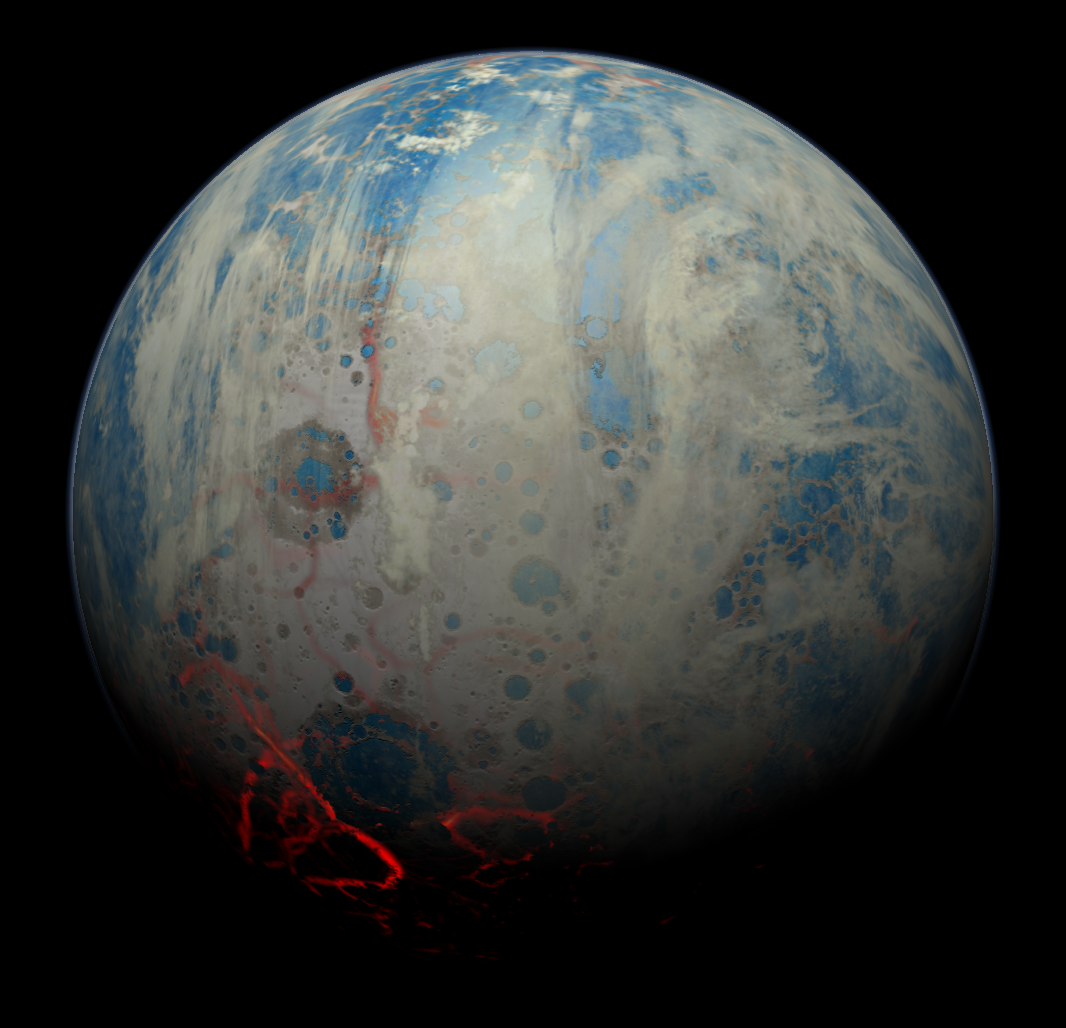 What We Talk About When We Talk About Earth's Oxygenation
What We Talk About When We Talk About Earth's Oxygenation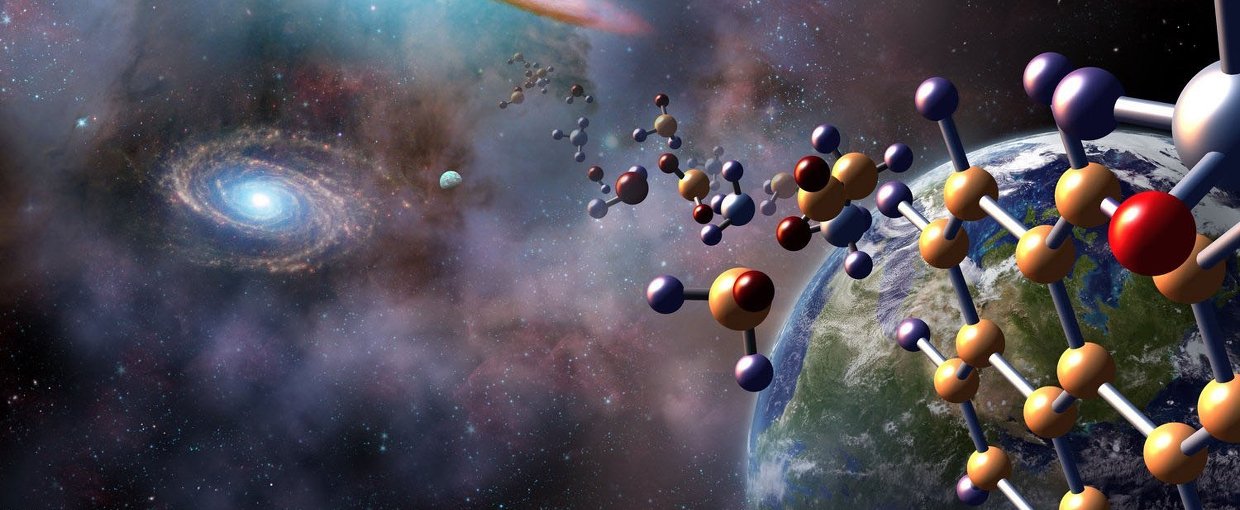 Bowling With Astrobiologists: A Twisted Path Toward the Origin of DNA
Bowling With Astrobiologists: A Twisted Path Toward the Origin of DNA